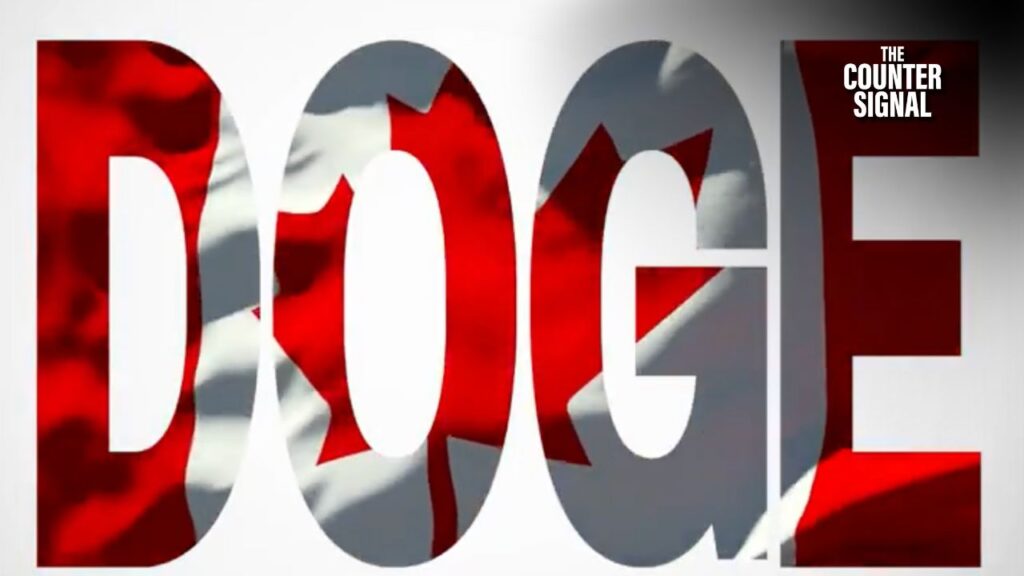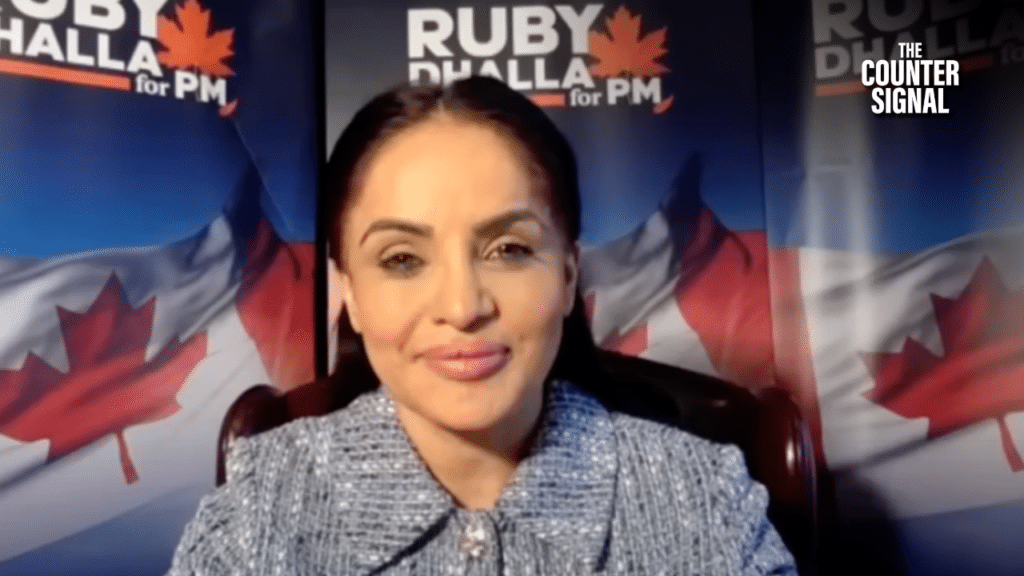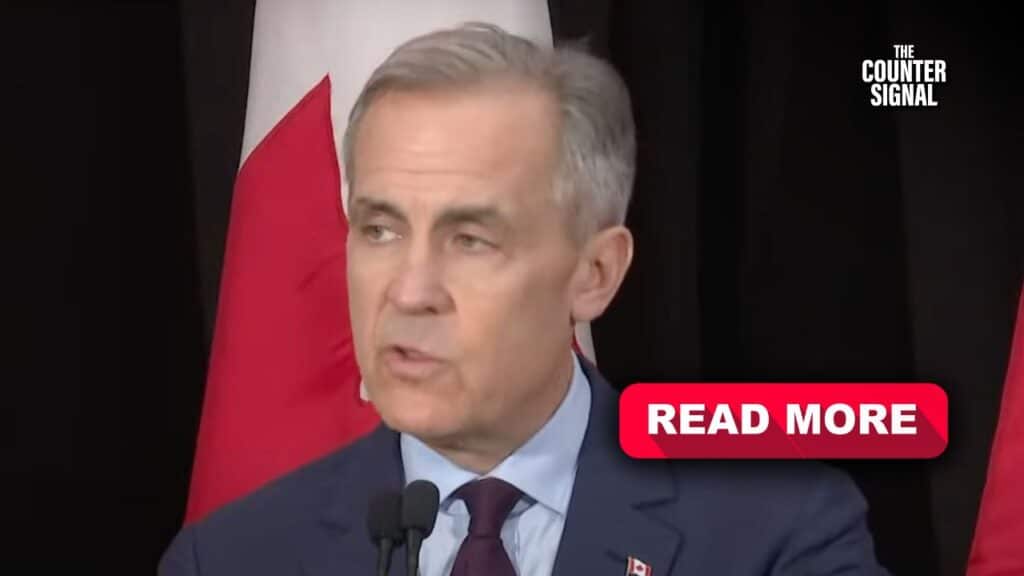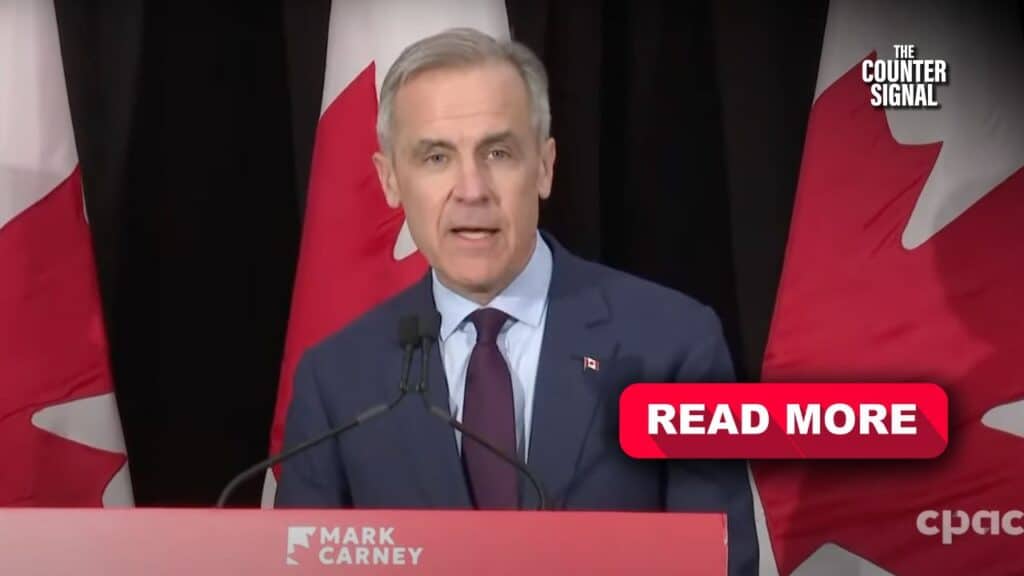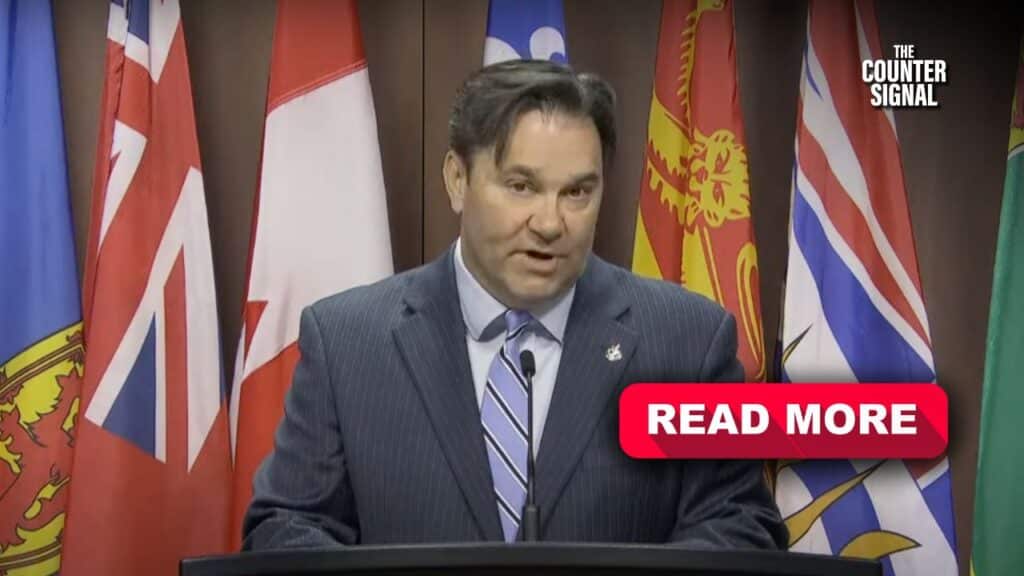The Euthanasia Prevention Coalition along with Conservative MP Ed Fast held a press conference on Tuesday to promote a bill that, if passed, would repeal the Liberals’ plan to expand government-assisted suicide.
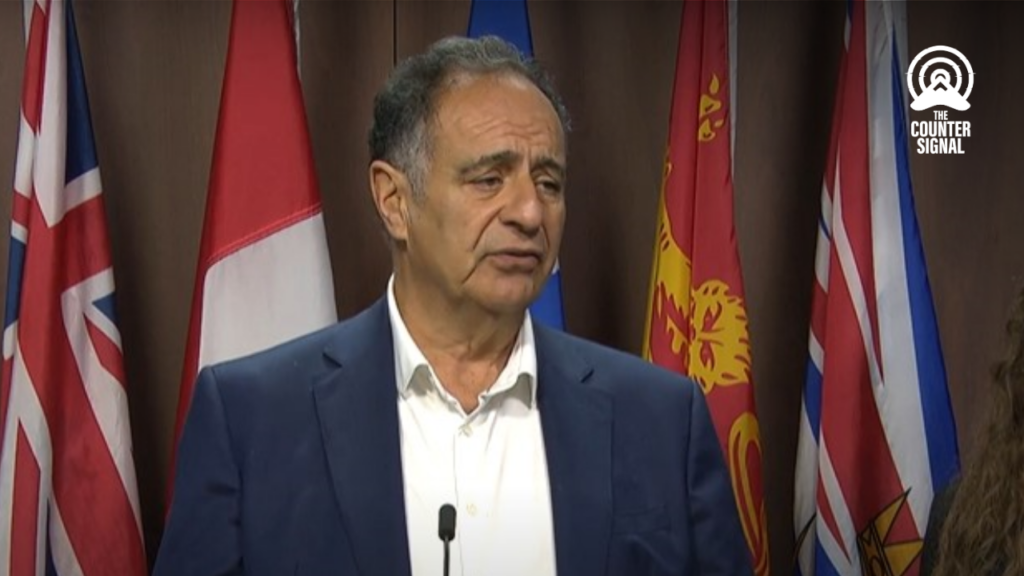
Fast’s bill (C-314) aims to stop Trudeau’s plan to offer euthanasia to vulnerable Canadians whose sole underlying condition is a mental illness.
“There’s always a reason to live,” Fast said.
“No one really wants to commit suicide — people just want to end their distress.”
Fast said the Liberals are offering up death to Canadians because of a lack of healthcare resources. He pointed to a Harvard study that showed 90% of individuals who attempted suicide and failed later chose life after they got treatment.
But in Canada, he said, Canadians who have suicidal thoughts often have to wait for months before they can see a family doctor or a psychologist.
“By expanding medical aid in dying to the depressed, [the Liberals] are finding a quick and easy solution to get rid of people with mental health disorders. It’s nothing else but killing those who need to be cared for,” Fast said.
The legislation is scheduled to have its second hour of debate on October 5.
Conservative leader Pierre Poilievre has expressed support for Fast’s bill.
Organ-harvesting haven
Even without the Liberals’ proposed expansion of government-assisted suicide, it’s already disproportionately popular and easy to access in Canada when compared with other jurisdictions.
Canada is also the number one country in the world for post-euthanasia organ harvesting. In fact, half of the world’s post-euthanasia organ harvests occur in Canada.
As cost of living rises, proper housing becomes out of reach, and social services crumble, some individuals have sought out government-assisted suicide as a means to escape poverty.
Liberals delayed expansion until March 2024
Earlier this year, after sustained pushback from Canadians, the Liberals announced they would delay their plan to expand the eligibility criteria for assisted suicide to include those strictly with mental health issues.
The feds said the one-year delay was needed to determine which mental health conditions are “irremediable.”


